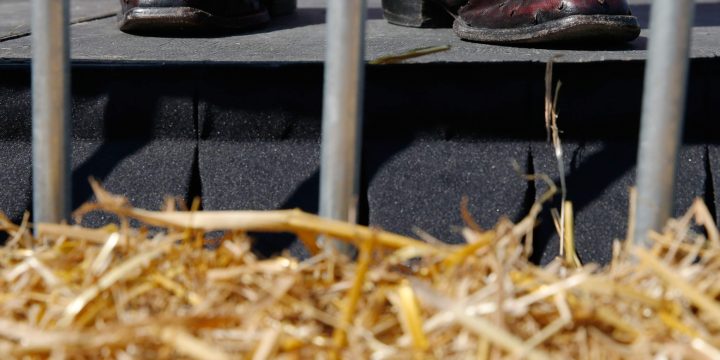
Summit focus is declining food access
WICHITA, Kan. — Rural grocery store owners, food advocates and system experts are gathered for the fifth Rural Grocery Summit. If you’re wondering why I’m in the audience … well, let’s say you probably aren’t alone. The answer as to why I’m attending the summit is both simple and complex. The most direct answer is that I grew up in rural America; I’ve lived it and have family still living it. What happens to them matters to me and, therefore, what ails rural places also matters. More complex is my ongoing curiosity about how groups of people interact, and the ways industries and organizations adapt to ever-changing external forces. Why have we allowed certain places to exist as food deserts? How long are we willing to let our tax dollars…








